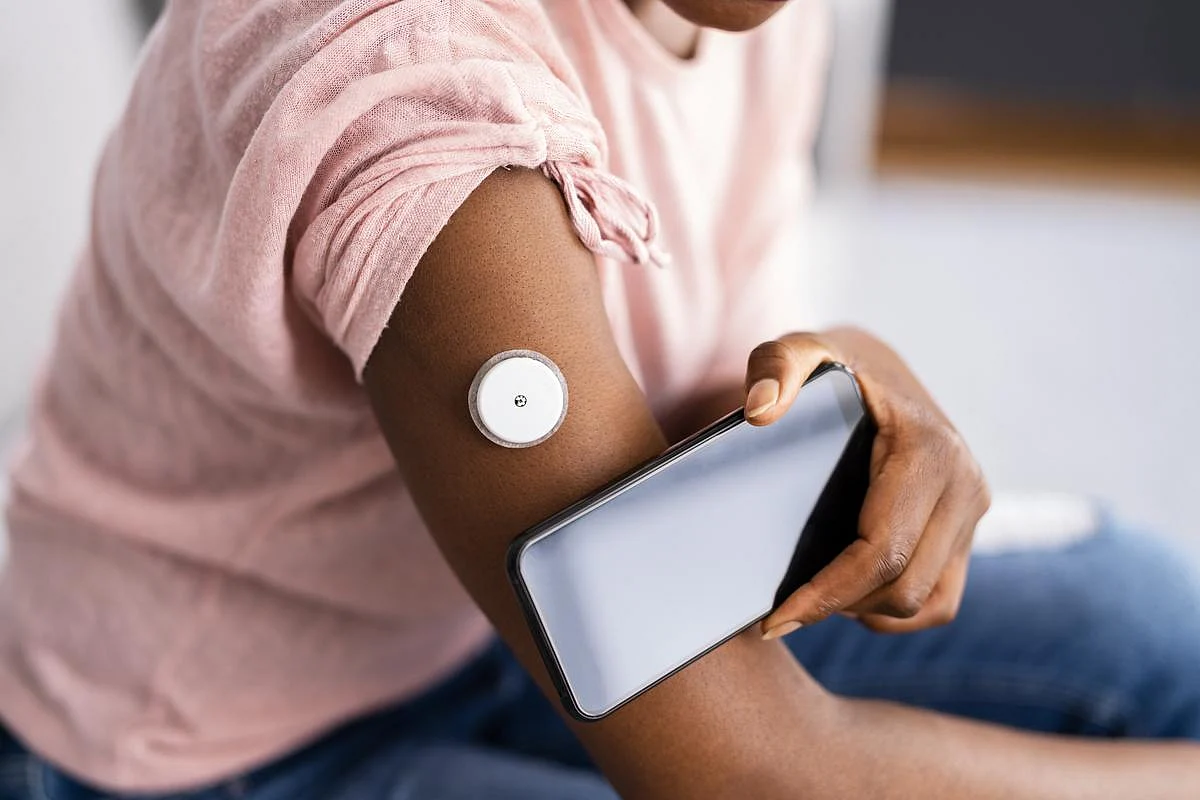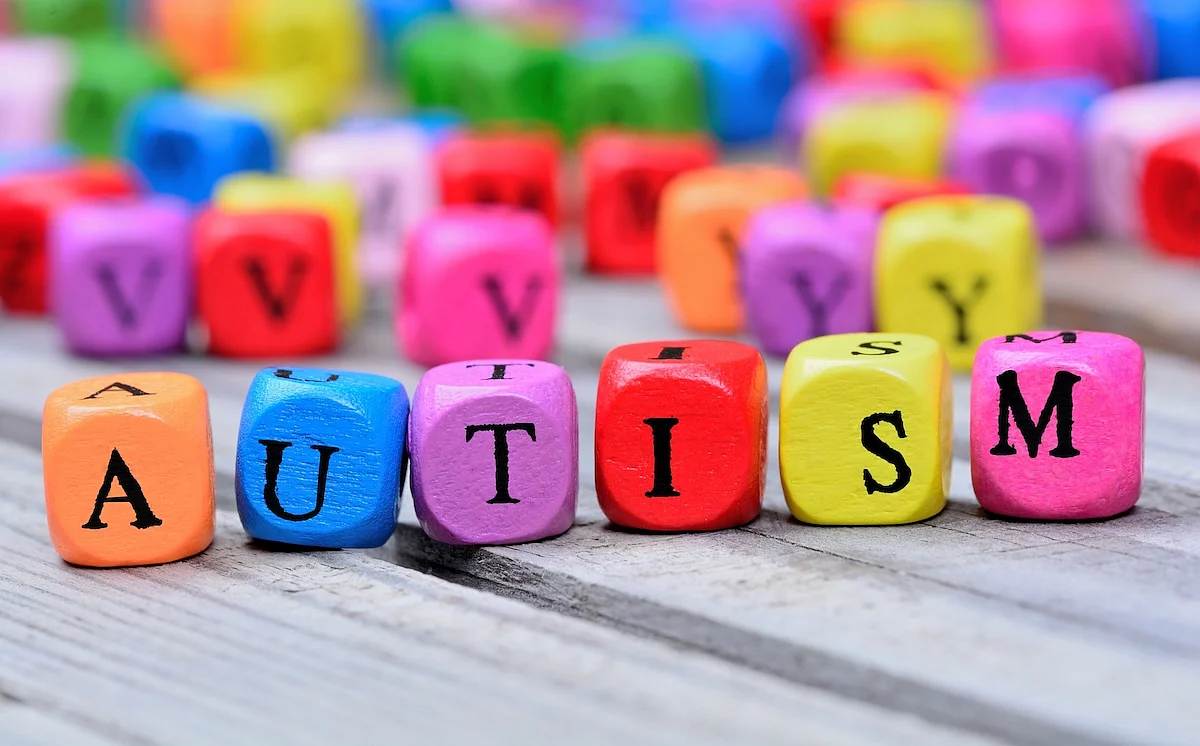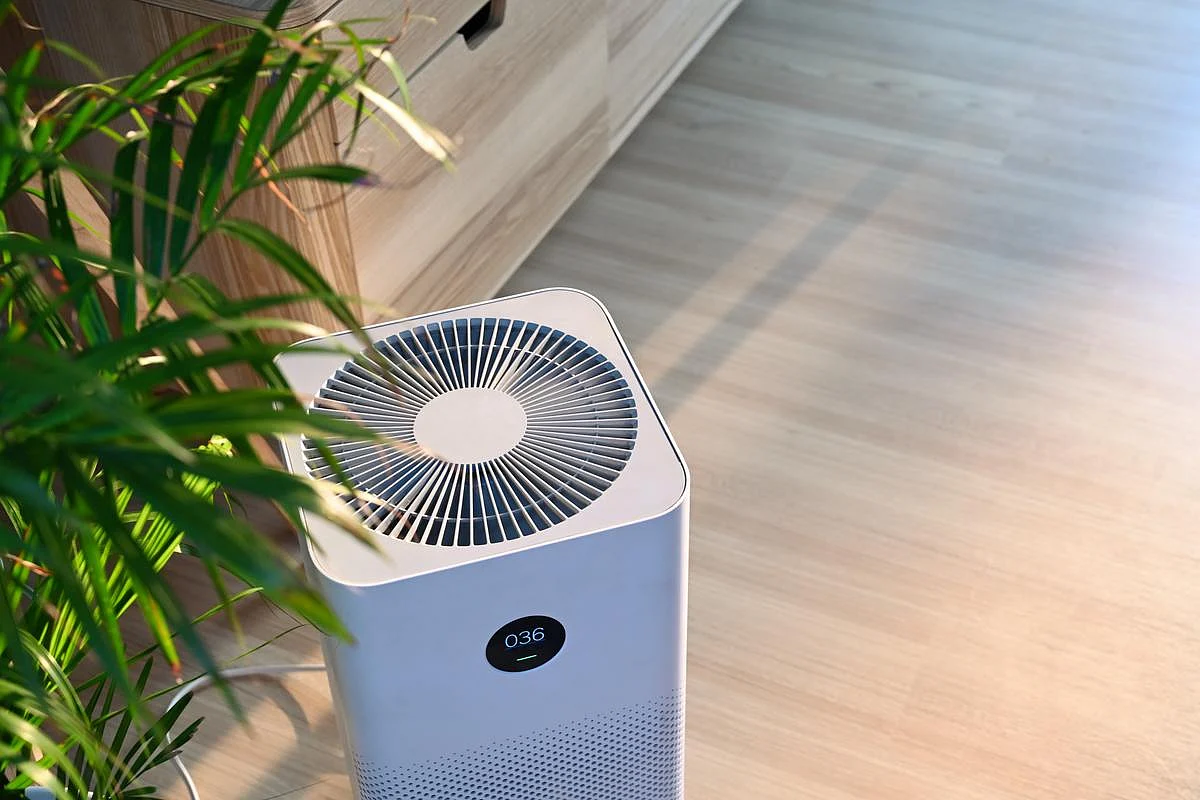
An under-the-scalp implant can improve monitoring of a person’s epilepsy, giving doctors data they need to improve control over seizures, a new pilot study says. Epilepsy patients must now keep a diary to track their symptoms. But these self-observations are only right about half the time, researchers found when they compared patients’ diaries to tens… read on > read on >


















